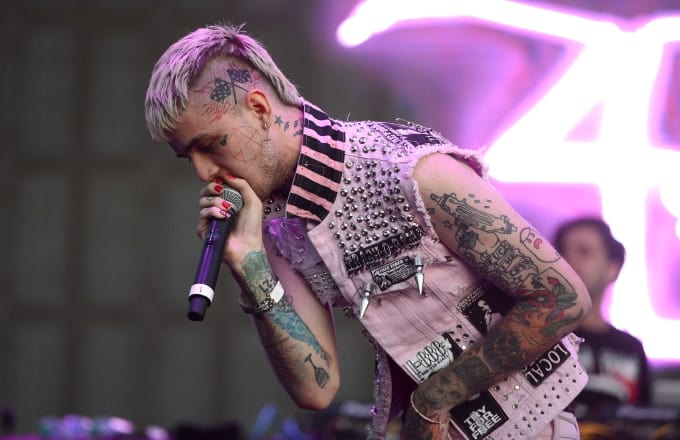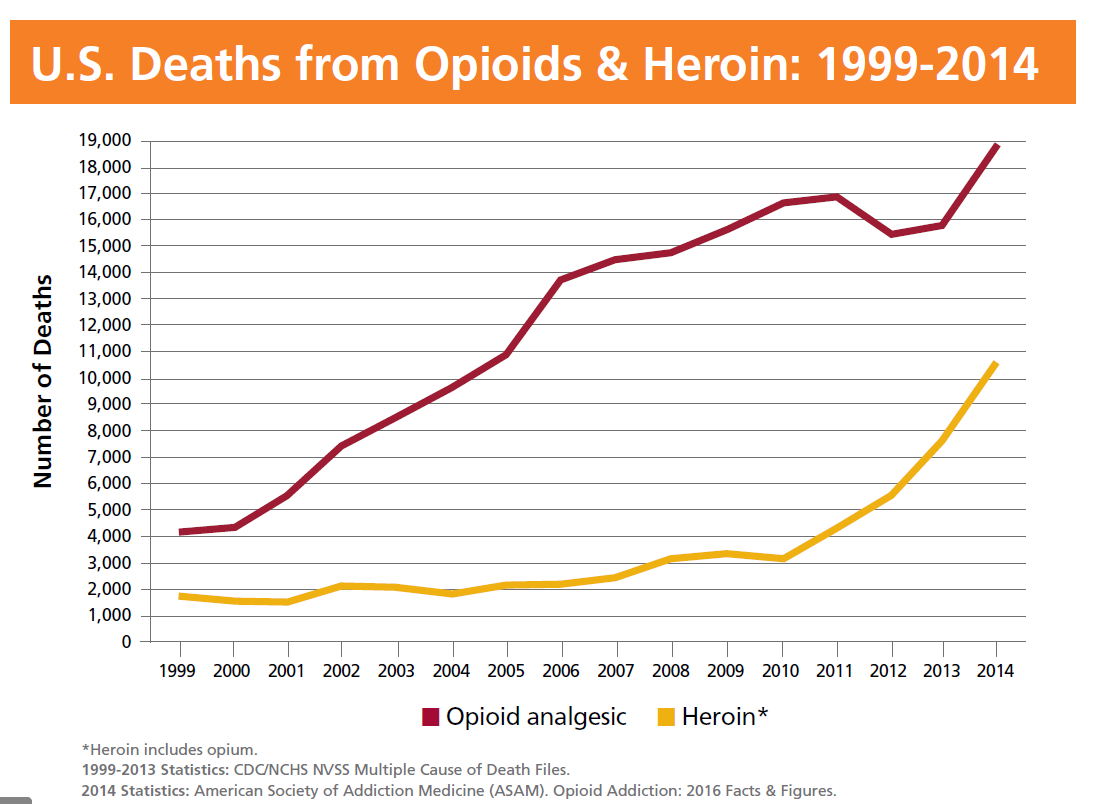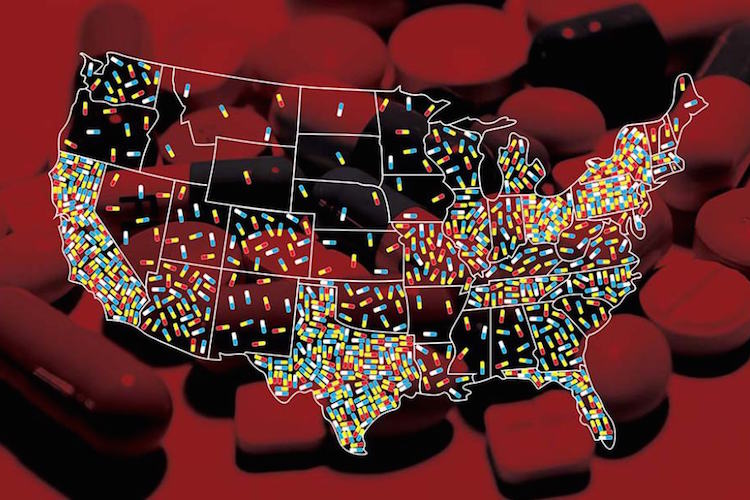Untimely death of emerging Hip Hop artist, Lil Peep, puts in perspective the plight of the opioid crisis in America. A suspected overdose has claimed the life of the 21 year old rapper who notably denoted his own struggles and experiences with drugs in his music, which often runs parallel with the experiences of other young individuals in America.
Because of it’s ability to relate, Lil Peep’s music had become popular among the youth, along with an entire new era of contemporary pop music that describes coping through the perils of life with drugs. With his music, Lil Peep was bringing attention to a larger epidemic at hand that many millennials are currently staring in the face. Prescription opioids are highly addictive and at a point irresponsibly prescribed by doctors, which is having a significant impact on the amount of illegal and legal opioids being abused today.

According to CNN, “ [the market research firm IMS Health found]…the number of opioid prescriptions dispensed by doctors steadily increased from 112 million prescriptions in 1992 to a peak of 282 million in 2012.” However, the government attempted to rain in the effects of the oversaturated opioid market by enforcing a crackdown on painkillers, so opioid prescriptions have slightly fallen since 2012, but an adverse affect caused heroin use and deaths to skyrocket.
The highly addictive substance has proven to be incredibly difficulty to quit instantaneously, so when access to legal opioids were sharply cut, addicts turned to heroine, the drug that most prescription opioids are derived from. Heroine has since increased in availability, and become cheaper than prescription drugs.

The current drug crisis has become a political objective that both parties have campaigned on fixing. President Trump has vowed to take on the opioid crisis and has since declared it a public health emergency. However, most of the White House strategies involve rebooting tactics from the previous “war on drugs campaign” that have proven to be ineffective.

Critics are skeptical of the effects of impeding the flow of narcotics and increasing legal prosecutions, namely because these tactics turn their back on users (who are actually victims) as opposed to investing in mental health/drug counseling treatment. Lil Peep’s music often highlighted depression and drug use, which could inaccurately be described as glorifying these negative tendencies, but more accurately his music hints at a larger problem with mental health in America, which seems to spur drug use and is a testament to investing in rehabilitation/mental health counseling to really impact the current opioid crisis.


